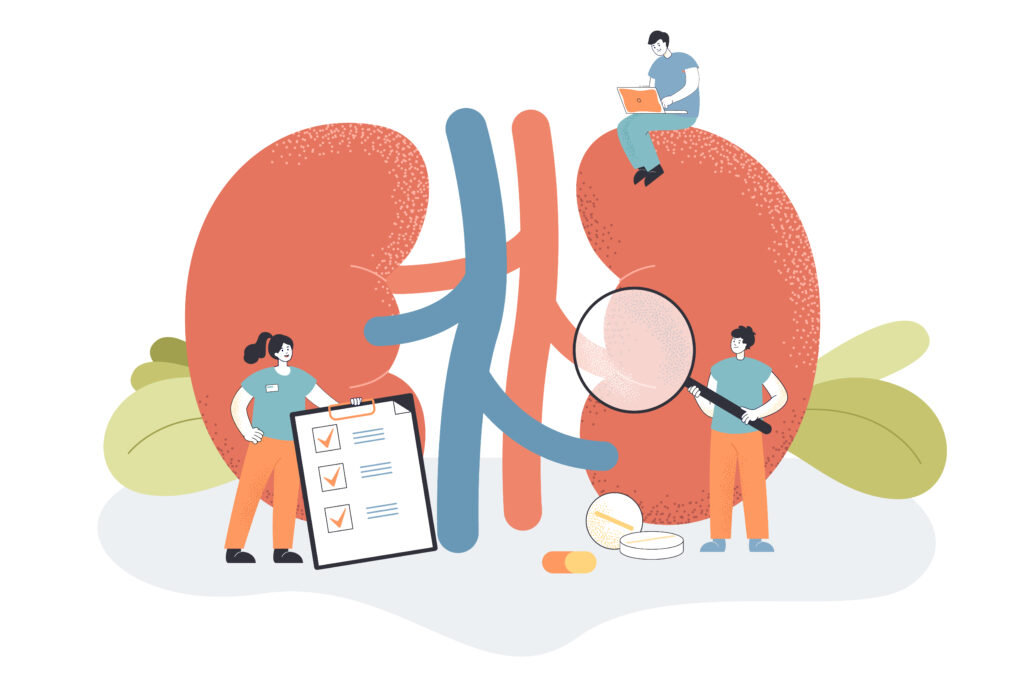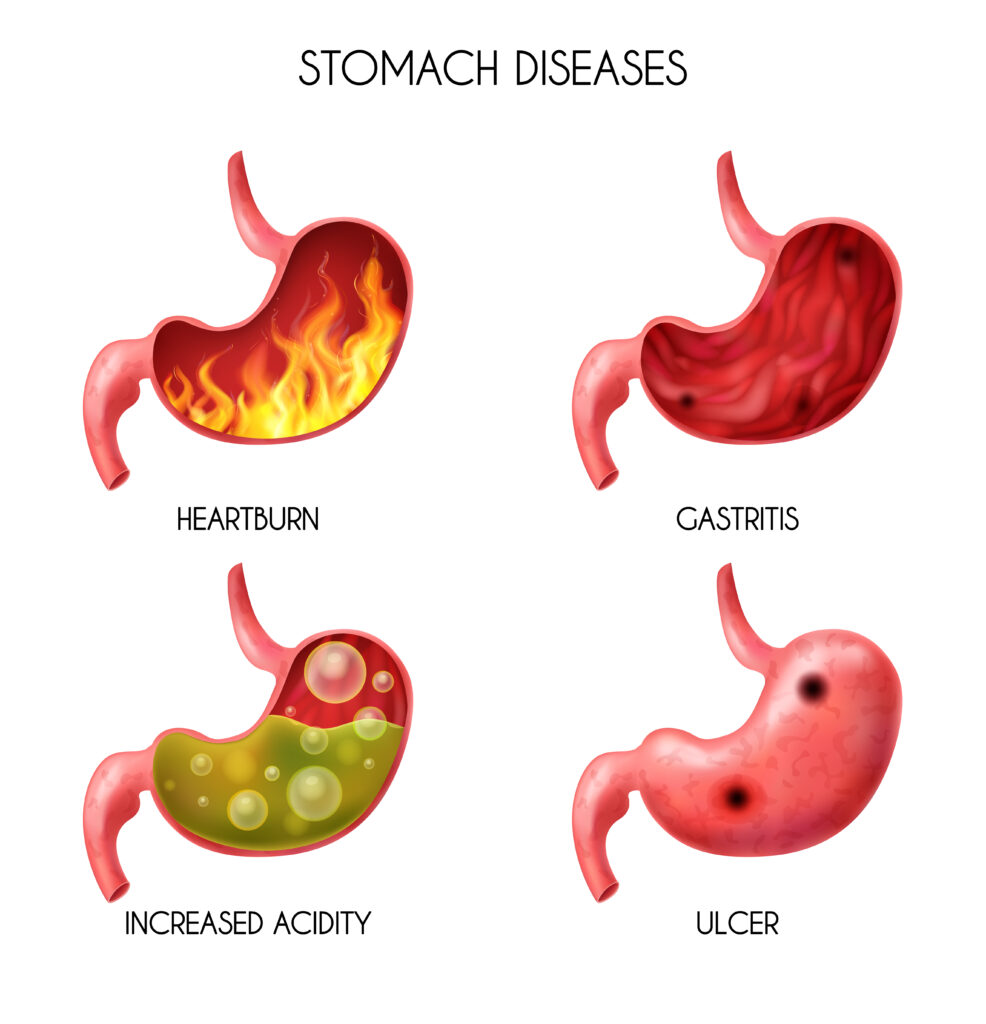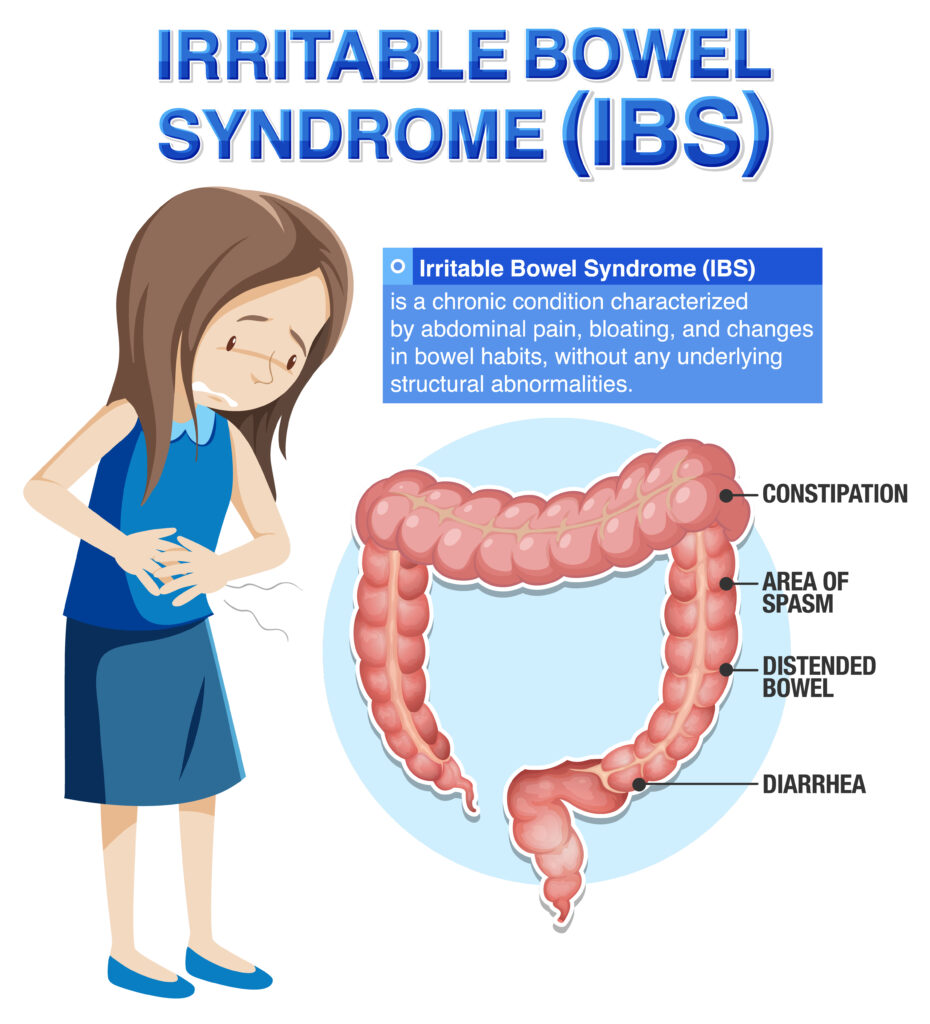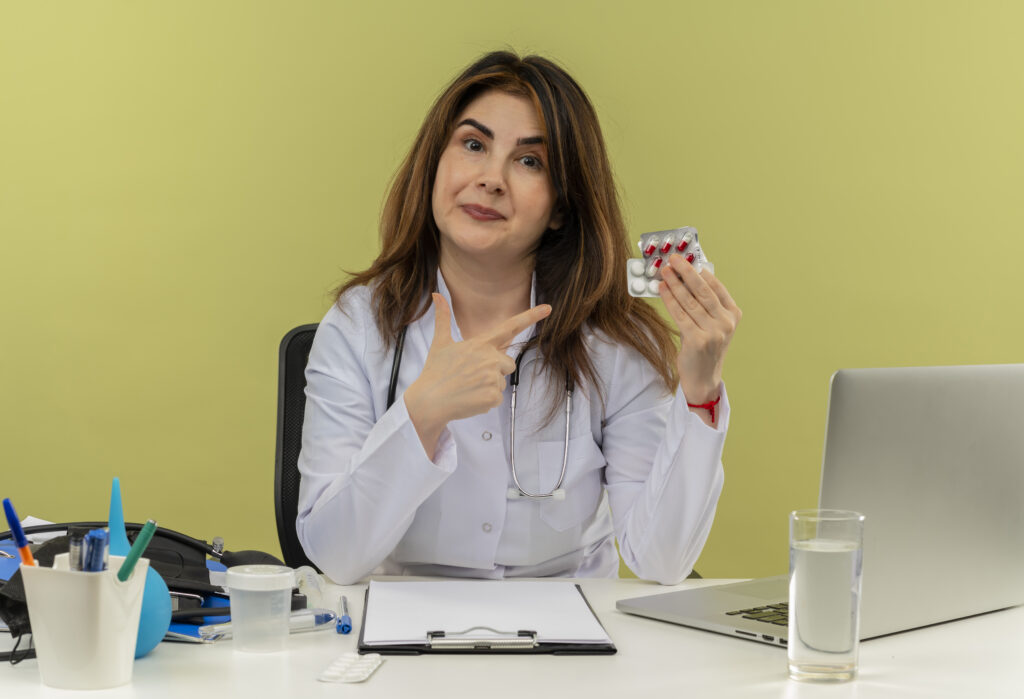As humans, it is in our nature to avoid pain and seek comfort, which is why so many of us keep painkillers handy. These tablets have their moment and purpose in condition management, but the real issue arises when they’re misused – taken as casually as one might pop a candy.
The problem is, while reaching for a painkiller might seem like a quick fix, it is not without zero consequences. For starters, your kidneys, the blood purifiers of your body, bear the brunt of such heavy and prolonged usage.
Consider the rise in gut-related issues like Irritable Bowel Syndrome (IBS), leaky gut, ulcers, and Gastroesophageal Reflux Disease (GERD), which can all stem from overusing these medications. And while some folks turn to probiotics, prebiotics, or even extreme fasting to counteract these effects, these solutions often fall short.
Some situations indeed require medication. But even prescribed painkillers can lead to long-term damage to your kidneys and gut, if not managed carefully.
Here are a few pointers on how integrating smart lifestyle choices can complement the benefits of NSAIDs and help us manage our health proactively.
Table of Contents
ToggleUnderstanding NSAIDs: How Painkillers Work
Non-steroidal anti-inflammatory drugs (NSAIDs) are like the fire extinguishers of your body’s pain and inflammation response.
When you injure yourself or during an inflammatory response, an enzyme called COX-2 kicks into action. What is COX-2? It produces chemicals called prostaglandins; which send pain signals to your brain to kickstart the healing process by promoting inflammation.
Here is where painkillers come into action. They work by blocking this COX-2 enzyme, shutting down the prostaglandin production line. This reduction in prostaglandins results in reducing pain and inflammation, giving you relief.
However, not all prostaglandins are troublemakers. Some, like those produced by the COX-1 enzyme, play protective roles. These include defending the gut lining and supporting kidney function.
Imagine turning off a water valve to fix a leak – but accidentally cutting off the water supply to your entire house. Something similar may happen while NSAIDs stop the pain; they also suppress the beneficial prostaglandins that protect your stomach and kidneys.
This can lead to issues like ulcers in the gut or reduced kidney function over time, especially with prolonged use.
Using painkillers is a delicate balance where sometimes the solution to one problem might inadvertently contribute to another.
While it may seem like a magical route to reducing your pain in 10-15 minutes, this analogy stresses the importance of using these powerful tools wisely.
Why are Painkillers Such a Popular Mode of Self-Medication?
Imagine for a moment, that you’ve just finished an intense workout. Or maybe, you’ve woken up with the all-too-familiar throbbing of a headache.
Reaching for a painkiller often seems like the quickest path to relief. Indeed, these medications are a cornerstone in managing both chronic and acute pain, making them invaluable in our medical supplies.
Yet, their ease of access and widespread use sometimes lead us to overlook their potent nature and the need for cautious use.
It is essential to recognize that while NSAIDs are effective, their habitual use can come with unintended effects on our bodies.
This discussion isn’t about creating fear but fostering awareness.
Let’s try to understand the potential impact of prolonged NSAID use so we can make informed decisions.
The Impact of Long-Term Painkiller Usage
Do you often find yourself self-medicating to relieve chronic pain?
Using painkillers as long-term treatment rather than addressing the root cause may provide temporary relief. However, it can lead to significant health challenges. This can be seen particularly with the kidneys, gut, and how our bodies process food.
Kidney Health
Prostaglandins not only signal pain in the body but also play a crucial role in maintaining proper blood flow to the kidneys. When these prostaglandins are reduced, it can lead to decreased kidney function.

Over time, this diminished function can escalate from acute kidney injury to more chronic conditions, such as chronic kidney disease.
To explain it simply, the kidneys struggle to perform their natural function of filtering blood, which can accumulate toxins and lead to further health complications.
Gut Health
There is a protective lining in your stomach called the mucosal lining that guards against the corrosive effects of stomach acid.

When painkillers inhibit prostaglandin production in your body, this mucosal barrier can become compromised. As a result, the mucus barrier can be depleted and the stomach lining may start thinning.
When left untreated, stomach ulcers and conditions like leaky gut syndrome are often the consequence. The weakened barrier allows bacteria and unclean particles to “leak” into the bloodstream, which can cause a range of systemic issues.

Food Intolerances
When your gut integrity is disrupted, it can affect how nutrients are processed and absorbed. As a domino effect, you may face food intolerances.

A damaged gut lining can not properly digest foods, triggering an immune response every time undigested food enters your system. This results in symptoms like gas, bloating, and pain, worsening inflammation. A damaged gut lining or leaky gut is also a pathway to more serious conditions like autoimmune disorders.
Seeing these effects is why we need to be smart about how we use these medications, no matter how easily available they are. Rather than popping a pill to make the pain go away – know when and how to use these medications without putting your health at risk.
The key here is balance.
We want to manage pain effectively, sure, but not at the cost of our long-term health. That is why it is crucial to consult your doctor. Explore different pain management strategies to find what works best for you without collateral damage.
Practical Steps for Safer Condition Management
- Stick to the Prescribed Dosages: Isn’t it tempting to adjust your pain medication dosage based on how you feel? However, this can be dangerous for your health. Overdoing it can lead to serious side effects while skipping doses may reduce the efficacy of your treatment. Always use painkillers or any other over-the-counter medication only on the advice of an experienced medical professional.

- Schedule Medication Gaps: Giving your body a break from medication can help prevent dependency and reduce the side effects. Discuss with your doctor how to effectively pace your medication. This might mean switching between different types of pain relief or incorporating non-drug methods to manage your pain.
- Support your Healing with Supplements: Some dietary supplements can improve your ability to manage the side effects and even support healing. For example, Zinc and Omega-3 fatty acids are known for their anti-inflammatory properties and may help boost prostaglandin production. However, always check with your healthcare provider before starting any supplements to avoid interactions with your medications.
- Lifestyle Adjustments: Adopt lifestyle adjustments that directly support the 5 pillars of lifestyle. Give importance to deep cellular nutrition, adequate exercise, quality sleep, emotional health, and spiritual well-being. Check out this gut-rebuilding course to take your first step.
These steps are not just more important than managing pain; they’re key steps in taking charge of your health.
Pain management is a complex balance, but with the right strategies and support, you can protect your health while finding better options for effectively mitigating pain.
Final Word
As I have explained, painkillers, while crucial for managing discomfort, can have a significant impact on our body when misused. It is essential to remember that these medications are powerful ingredients that must be used responsibly. Actively managing your health can greatly reduce the risks associated with painkiller overuse.
Let’s prioritize ourselves by understanding and respecting the tools that support our health.
Are you struggling with chronic kidney disease and are in need of personalized guidance?
Managing your kidneys’ health could be the first step.
We help you find a way.
Know more about our Kidney Care Program here.
Talk to our Wellness Consultants for any queries.
Set up a one-on-one consultation with our integrative team by reaching out to us at
1800 102 0253 or write to us at [email protected].
Disclaimer: None of what is mentioned in this blog is a replacement for your medication or medical treatment. We encourage everyone to be mindful of their medication habits and to always consult with healthcare professionals for pain management strategies. Always make an informed choice and keep your healthcare team in the loop before trying anything new.
Team Luke
Our team of registered dietitians, certified nutritionists, lifestyle coaches, medical practitioners, and holistic health experts come together to share practical, accessible insights for your well-being. Whether you're seeking tips on preventive health, managing a specific condition, or simply looking to live a more balanced life, you’ll find a wealth of easy-to-apply knowledge here.
Start Your Wellness Journey
Feeling inspired to take the next step in your wellness journey? Connect with us to explore how our tailored programs can support your health journey. Your transformation is just a conversation away.



